With election day looming, the Trump administration is looking for some foreign policy wins. A simple extension of New START is a doable deal if Trump wants to prove his administration’s arms control happy talk is not just spin. This piece originally appeared in The Hill.
For months, President Trump has put the brightest possible spin on COVID-19. He insists the virus is under control. He praises his administration’s “incredible” job. He suggests a vaccine will be available by November. Unfortunately, the real world looks very different.
Trump and his administration likewise are spinning an image of progress on nuclear arms control. As with their assertions on COVID-19, the image does not reflect reality.
U.S. and Russian officials held a series of consultations on nuclear arms control matters this summer, in the fourth year of the Trump administration. Though tardy, one can only welcome these meetings, particularly as the last remaining U.S.-Russian nuclear arms treaty – the 2010 New Strategic Arms Reduction Treaty (New START) – expires in just five months.
Faced with grim poll numbers, Trump wants to chock up foreign policy wins before Election Day on November 3. (Witness the attention the White House lavished on a modest September 4 agreement on economic arrangements between Serbia and Kosovo.) As U.S. officials met their Russian counterparts over the summer to discuss issues such as New START extension and the administration’s desire for a trilateral negotiation that would bring in China, Trump and other officials went into spin mode.
On August 11, Trump said “we’re dealing with Russia right now on a nuclear arms pact, and they want to do it. They want to do it badly.” Five days later, NBC News reported that the president hoped to meet with Russian President Vladimir Putin sometime before Election Day to announce progress on a new deal on arms control.
On August 31, Secretary of State Mike Pompeo observed “We’re in detailed discussions with them [Russian officials] on an arms control agreement. We made real progress in the last couple weeks.” On September 2, a deputy assistant secretary of defense seconded this assessment: “I think we’re making a lot of progress.”
No American official has described the specific progress supposedly made. Russian officials paint a very different picture.
On August 23, following the latest round of consultations, Russian Foreign Minister Lavrov said “the Americans put forth conditions that are, frankly speaking, absolutely unrealistic … right now there is little optimism about reaching any agreements.” On September 1, Deputy Foreign Minister Ryabkov, who headed the Russian team at some of the consultations, also gave a downbeat assessment: “I cannot say that we share the optimism of the American side about the possibility of a speedy conclusion of agreements…”
A speedy conclusion could be possible on extending New START, which would be in the U.S. interest. Putin has said Moscow would extend without conditions. Trump, however, seems unenthusiastic about that. His chief arms control envoy, Marshall Billingslea, has called New START “deeply flawed.” The administration sought a new approach that would limit U.S., Russian and Chinese nuclear arms. It has reluctantly begun to talk about a New START extension but laid down conditions.
In an August 18 press briefing, Billingslea backed away from the demand that China agree to enter the nuclear arms control process. However, he continued to insist that Russia agree to a framework that would cover all nuclear weapons, not just those constrained by New START, and fix alleged shortcomings in New START’s verification regime. Billingslea said that, if Russia met these conditions, he would recommend that Trump “consider an extension.”
Ryabkov addressed the U.S. conditions the same day: “Russia stands for an extension of the New START Treaty but is not ready to pay any price for that.”
To be sure, drawing China into the nuclear arms control process would be good, as would having the next U.S.-Russia negotiation address limits on all their nuclear weapons. But these are complicated issues that will take much time to resolve, that is, if they can be resolved. For example, Russian officials in the past have linked a negotiation covering all nuclear weapons to one on missile defense. On August 21, Billingslea said missile defense was not on the table.
The Trump administration has little time before November 3 to produce a new agreement or even the framework for one. Doing so would require that Russian officials, who read the same polls that Americans do, make concessions now as opposed to saving them for a negotiation with a possible, if not probable, Biden administration in 2021.
That leaves Trump with a clean, simple extension of New START as the doable deal on the table — if he wants to prove his administration’s arms control happy talk is not just spin.
The Brookings Institution is committed to quality, independence, and impact.
We are supported by a diverse array of funders. In line with our values and policies, each Brookings publication represents the sole views of its author(s).

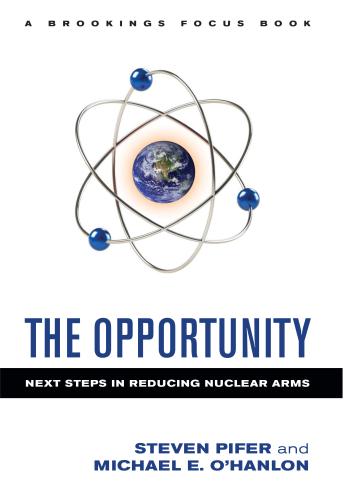
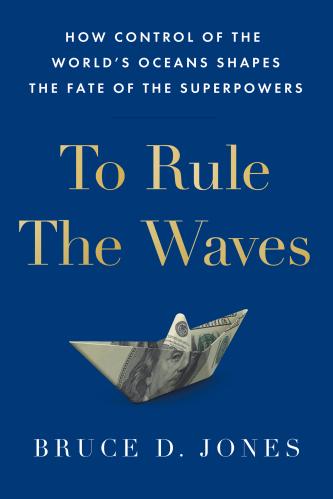
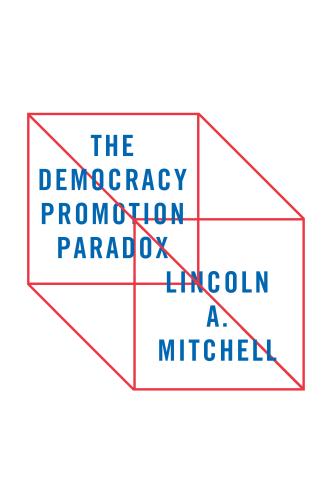
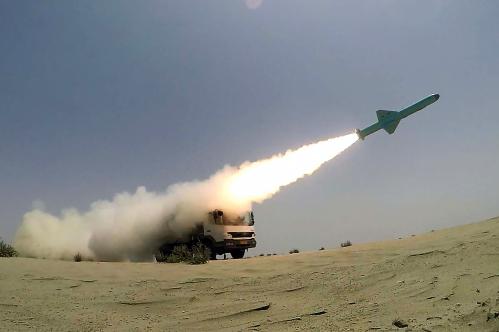
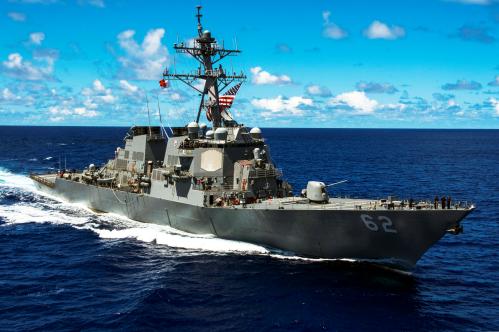
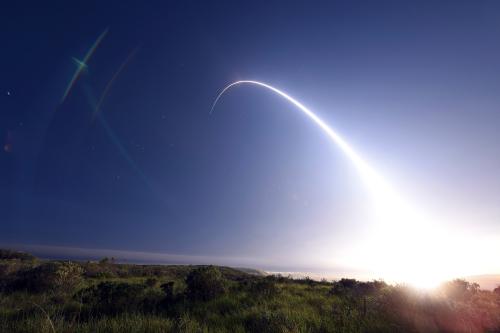




Commentary
Spinning good news on arms control
September 16, 2020